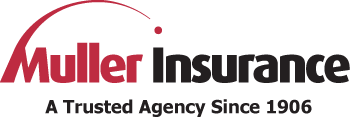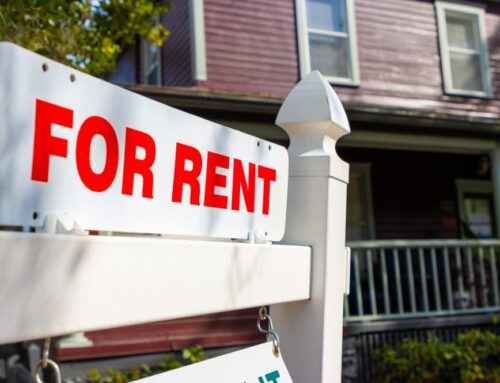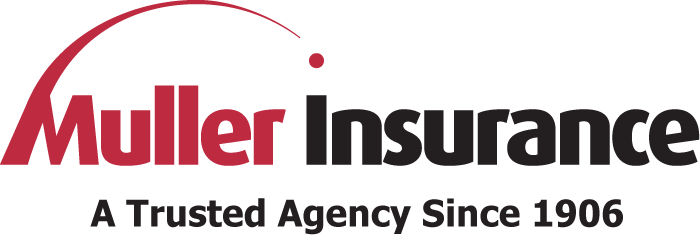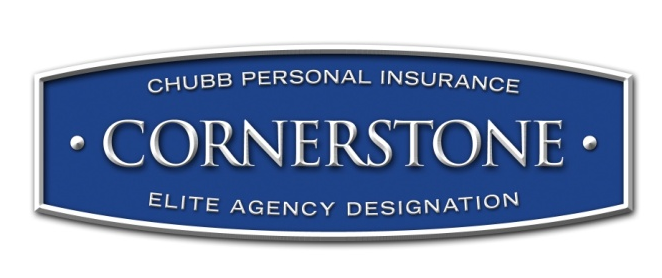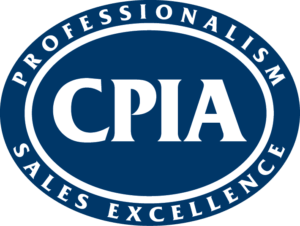When owning rental property, just like owning a home, you need insurance to protect your property and yourself. Standard homeowners insurance does not cover your rental property – therefore, landlord insurance is required. Here, Muller Insurance, which provides excellent coverage to landlords in New Jersey, New York, Connecticut, Pennsylvania, Nevada, and other states, describes what you should know about rental property coverage.
Landlord Insurance Overview
Landlord insurance is a policy for someone who rents out a property they own. First-time landlords may be under the assumption their standard homeowners insurance will be suitable once they start renting out their property, however, this isn’t always the case. That’s where landlord insurance comes into play. Coverage generally includes:
- Dwelling coverage: Landlord insurance will help cover the repair costs for your home, condo, or apartment is damaged by fire, lightning, hail, wind, and other covered losses. This covers damages to other structures on your property such as detached garages, sheds, and fences.
- Property damage: A lawnmower or snow blower left onsite to maintain your rental property, furniture used to furnish your rental property, and other personal belongings used for your property may be covered in case of events like a fire, burst pipe, and burglary.
- Loss of use: In the unfortunate event a fire occurs at your property and it becomes unlivable, landlord insurance has you covered with temporary rental reimbursement to cover the financial loss.
- Liability protection: Protect yourself against liability claims and potential lawsuits you may be responsible for as the owner of the property. The liability portion may help you pay for another person’s medical bills or your legal expenses if someone else is injured on your rental property and you’re found responsible.
What’s Not Covered
While landlord insurance provides important protections for your structure, furnishings, and lost rental income, you’ll find certain things are excluded from your policy, including:
- Equipment and maintenance breakdowns: If equipment like the AC or dishwasher breaks down, you’ll likely have to pay out-of-pocket for the repairs, and the same goes for any maintenance costs.
- Tenants’ personal property: Landlord insurance won’t help cover your tenants’ possessions, such as clothing or electronics. For that, your tenants will have to purchase a renters insurance policy.
- Floods, earthquakes, and water backup: Similar to most homeowners insurance policies, landlord insurance won’t automatically cover floods, earthquakes, or water backups. You may, however, be able to add additional endorsements.
- Vandalism: If your rental is vandalized, add-on coverage can help cover the cost to repair or replace what was damaged.
- Burglary: In the event of a burglary, adding burglary coverage to your landlord insurance policy could help pay for the repairs or replacements your dwelling needs.
- Building codes: When you’re making updates after a covered loss, adding building code coverage to your landlord policy could help cover the increased cost of enforcing any building codes, ordinances, or laws regulating the construction, reconstruction, maintenance, repair, or demolition of your dwelling.
Protect Yourself and Your Investment
Rental properties can be lucrative, but to protect your investment, you will need the right landlord insurance. Since 1906, Muller Insurance has served landlords from New Jersey, New York, Connecticut, Pennsylvania, Nevada, and other states, guiding them through the process, and finding the right insurance policy for them. Contact us today to learn more about protecting yourself and your rental property.
